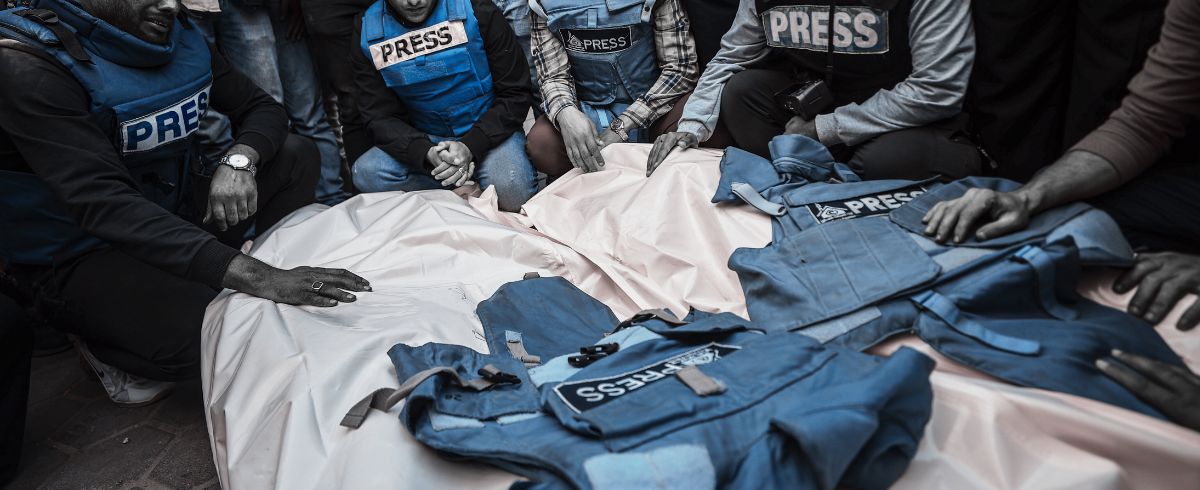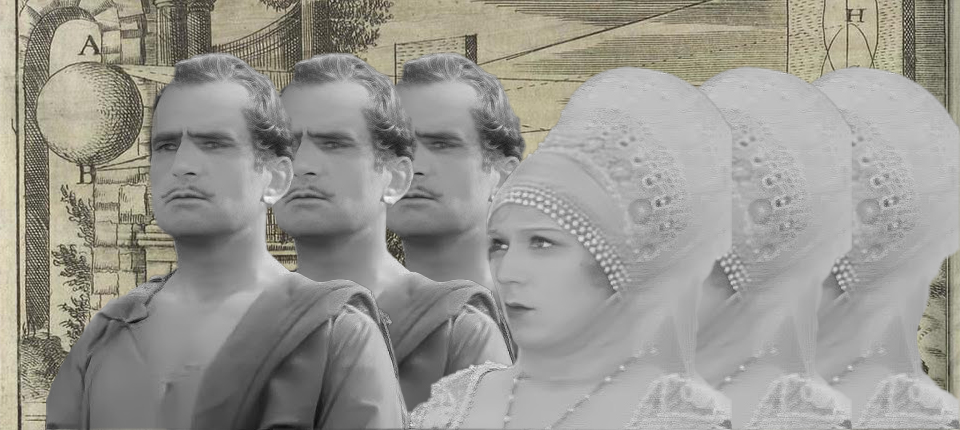If there were Oscars for authors, Alan Hollinghurst would surely have won best production design several times by now. To open one of his novels is to step onto a hyperreal movie set, lushly detailed and atmospheric. Another cinematic device favoured in his fiction is the direct cut: an abrupt shift from one time and place to another, with no explanatory bridging material. The Booker-winning The Line of Beauty (2004), for example, consists of three discrete sections set in 1983, 1986 and 1987. Each new section emphasizes the passage of time as the startled reader scrambles to catch up with events that have taken place in the lacuna.
This structure plays to Hollinghurst’s strengths. All those new beginnings require fresh scene- setting, the very thing at which he most excels. This is a writer who can really take you places: to the subterranean swimming pool of a private member’s club in The Swimming-Pool Library (1988); to the opulent London drinks parties of the Conservative 1980s in The Line of Beauty; to undergraduate Oxford made strange by 1940s blackout regulations in The Sparsholt Affair (2017). It doesn’t seem to matter if not all that much happens when you get there; immersion in these detailed dioramas is the pleasure, and the point.
Hollinghurst’s seventh novel, Our Evenings, is frustrating because it deploys these trademark techniques rather unsuccessfully. A short introductory section seems to proffer something fresh. The setting is unusually contemporary: the narrator, Dave Win, is searching for news stories on his phone following the death of an old friend and benefactor. The wealthy liberal Mark Hadlow has died in his nineties after a lifetime of impeccable generosity to the arts. Dave credits him with changing the course of his life. As a boy Dave won a Hadlow exhibition to Bampton School, the start of an education that led to Oxford, then a long and largely successful acting career.
Mark is not nearly as famous as his son Giles, a politician who “is everywhere, and so fiercely opposed to all his father stood for that Mark’s story becomes all about his son’s destructive career. ‘Mark Hadlow: Brexit Minister’s millionaire father dies,’ said the Times”. Dave was at Bampton at the same time as Giles, and hints at a privileged knowledge of this Boris Johnson-style brute. The introduction establishes a despairing, elegiac, post-Brexit tone: “Now Mum’s gone, and Mark’s gone, and here we are, with Giles all over the papers, all over the country, tearing up our future and our hopes”. But it also seems to promise answers, some insider scoop on who Giles really is and how he came to be.
After ten pages in the present day we are whisked back to the comfortably nostalgic terrain of Dave’s 1960s schooldays, beginning at the Hadlows’ country residence, where Dave, as an exhibitioner, spends an awkward, awed weekend being bullied by Giles and admired by Mark and his kind wife, Cara. The bullying, it is implied, involves invasive sexual attention at night.
The following 200 pages are the novel’s most successful, depicting the narrator’s idiosyncratic adolescence. The biracial son of a white single mother, a gifted seamstress called Avril, Dave knows little about his father, with whom Avril was only briefly involved while working in Burma. Mother and son are touchingly close, though even Dave has to guess at the true nature of Avril’s relationship with the wealthy divorcee Esme Croft. The answer finally becomes obvious when the two women move in together towards the end of Dave’s time at Bampton. Their subtly permissive social circle is a hospitable environment for Dave’s growing understanding of his own homosexuality.
Bampton School and the town of Foxleigh, where Dave grows up, are both fictional; but we are somewhere in the region of Berkshire. British village life and the atmosphere of the school are nicely evoked. Dave can seem a tad priggish in his earnest intellectualism – a character note he shares with other Hollinghurst heroes. At times Bampton sounds implausibly cosy: the cruel hierarchies of single-sex boarding-school life are gestured at rather than dwelt on. Nonetheless, the school and its environs have the feel of a real place, full of specific local detail. On passing through a nearby village: “Now here was the green, the shop, the Willett Arms, with their heightened indescribable presence of places in the free world just outside school”. Dave’s increasingly complex awareness of his difference is subtly done. After an encounter with a racist driver while hitchhiking, we read:
It was only as the story settled and took shape that my own anger came, a kind of delayed revelation. And part of the revelation was that it had taken so long to come. All my life I’d been ambushed, and slow, every time, to stand up for myself.
Giles, however, has by now faded from view. The reader, primed by that drumroll of an introduction, is still on the lookout for him as the next section begins with one of those trademark cuts: suddenly we are at Oxford, in Dave’s final year, as he is falling in love with men and the stage, and flunking out of his finals. From here the novel rapidly loses its way. The specificity of the schoolboy evaporates as we progress through Dave’s life in apparently random fits and starts. Boyfriends and acting jobs come and go. It becomes hard to keep track of time. Major themes such as Dave’s relationship with his mother are abruptly dropped.
Hollinghurst keeps starting again, opening each chapter dramatically, in medias res. One begins: “‘Yes,’ I said, ‘it’s my first time back.’” The reader has to work to figure out that he is visiting his old school after fifty years. Another needlessly abrupt beginning reads: “Then I left her in the ward, between her curtains” – and this is how we learn that Dave’s now elderly mother is in hospital. Hollinghurst’s use of the device feels reflexive, its power diminished by overuse.
The ratio of background detail to foreground action is often tilted daringly towards background in Hollinghurst’s work. Here, however, that ratio becomes unbalanced. The death of Avril’s lover, Esme – essentially Dave’s stepmother – takes place almost in parentheses, while a Tube journey is lavishly embroidered: “And so we went on through the long and twisting tunnels at what seemed a terrible sluggish and jolting pace, as if the train laboured to carry so many of us”. The suspicion that this might be a metaphor for life does nothing to improve matters. A large part of the deep pleasure of early Hollinghurst was the application of unashamedly high style to bold and important new territory – a Soho cinema showing gay porn, say. In Our Evenings the subject matter is often at odds with such ornate treatment.
Throughout all this Giles is still largely in the shadows. “For a long time in the 1970s I barely thought of Giles at all”, we read on page 345, with a sinking sense of waiting for Godot. All the same, 100 pages later, Dave is claiming: “I have known him for fifty years, and I know how he ticks”. Hardly. In fact, they weren’t even in the same year at school, and Dave has scarcely seen him since. By the time Giles does make a proper reappearance, as a thinly drawn quasi-Boris Johnson in the novel’s Brexit- and-Covid-themed coda, it is a case of too little, too late. The promise of the introduction was a bait-and-switch familiar from The Sparsholt Affair, in which the affair itself is never made explicit.
Confusedly, the reader realizes that the novel was never really about Giles or the Hadlows at all. Our Evenings is a rambling, autofiction-inspired novel in the style of Ian McEwan’s much more successful Lessons (2022). Both novels seem playfully to explore alternative lives for their authors; but autofiction’s most significant influence is aesthetic, granting McEwan and Hollinghurst licence to roam. (Our Evenings, Hollinghurst told the Sunday Times, is the first novel he has written without mapping out the scenes.) Unfortunately, in Hollinghurst’s case this approach lets in clots of tedious mundanity, such as an interminable description of Christmas dinner (“We had Christmas pudding, which was in fact my favourite part …”). As a consequence the loudly topical Giles-themed bookends feel bolted on – particularly the ending, which is infused with that righteous anger so lethal to fiction. Here are Dave’s musings on the morning after the Brexit referendum:
Hopkins got it just right, of an earlier disaster: hope had mourning on; hope was twelve hours gone. We’d known it ourselves, some of us, in ’83, worse in ’87, but those were defeats which took immediate effect, which was to carry on as before.
Dave is a fictional character, but it is hard not to hear a coercive note here, forbidding all readers from having experienced Thatcher’s victories as anything other than defeat. And the Covid material, of course, is simply too shopworn. “On 16 March over-seventies were urged to stay at home …”. We’ve read this before, in Lessons, in Jonathan Coe’s Bourneville (2022), in Elizabeth Strout’s Lucy by the Sea (2022). In none of these cases does the pandemic we’ve all just lived through make for interesting subject matter.
Lessons was a surprising late-career move: a 486-page novel spanning over half a century, from a writer best known for short, sharp shocks. I cannot help wishing that Alan Hollinghurst had surprised us in a similar way – that instead of the usual mass of heavy brocade, he had woven his sparkling threads into something lighter, and finer.
Claire Lowdon’s novel Left of the Bang was published in 2015
The post Shadow play appeared first on TLS.

 By Times Literary Supplement | Created at 2024-10-29 21:41:40 | Updated at 2024-10-30 17:27:00
2 weeks ago
By Times Literary Supplement | Created at 2024-10-29 21:41:40 | Updated at 2024-10-30 17:27:00
2 weeks ago



